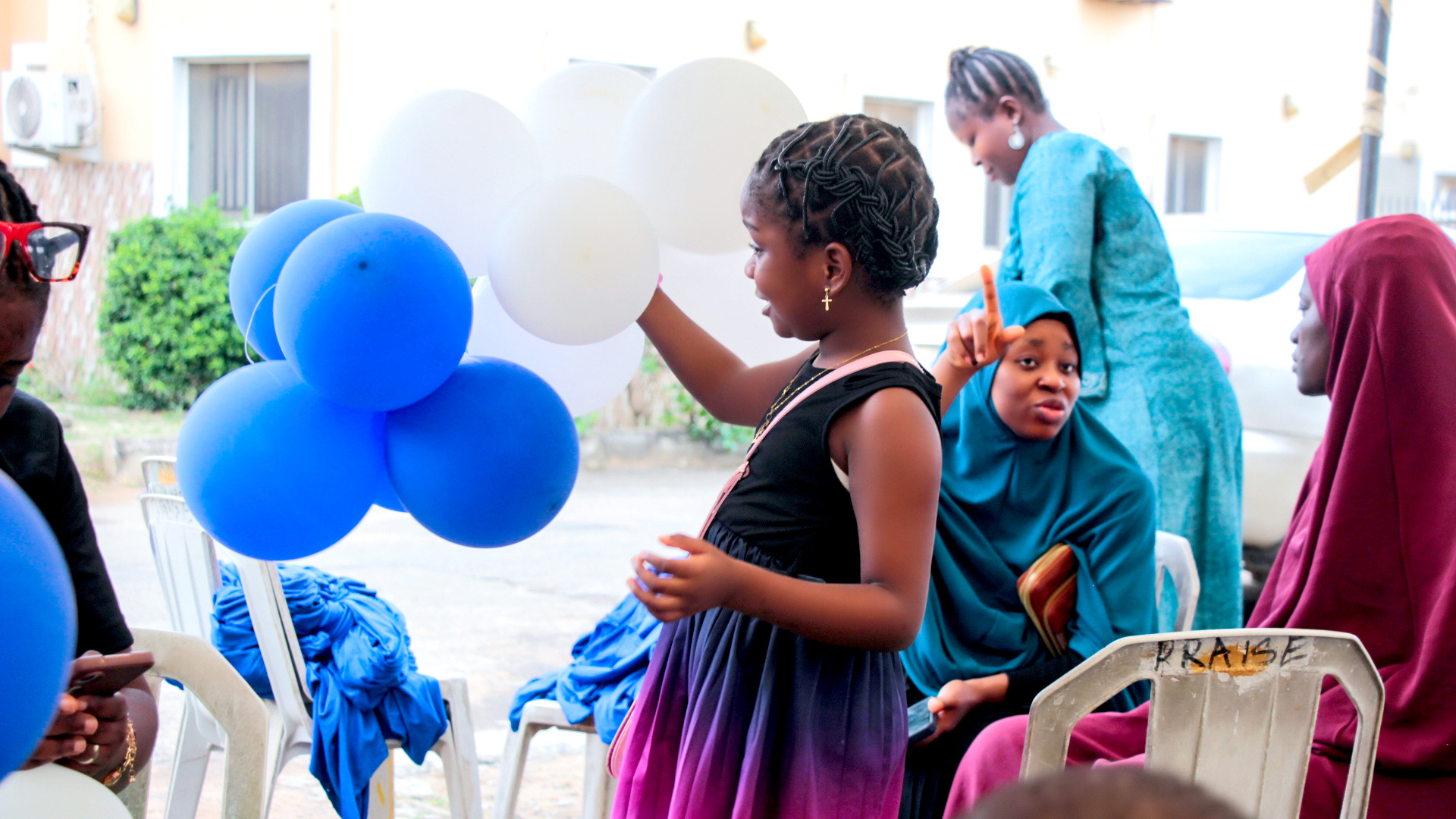Autism and Down Syndrome

Chidinma Jacob
Lagos
Autism and Down Syndrome in the Nigerian Classroom: A Teacher’s Journey.
When I first met Amarachi, she was a quiet 12-year-old girl brought to my school by her parents for registration. I led her into my classroom, which, as usual, buzzed with activity—students calling out answers, flipping through notebooks, and sharing whispers. Amid the noise, Amarachi sat by the window, gazing outside with an air of detachment. Some teachers quickly labeled her as “stubborn” or “lost in her own world,” while others assumed she was simply a slow learner.
But as I observed her more closely, it became clear that Amarachi’s challenges had little to do with stubbornness or laziness. She struggled to maintain eye contact, avoided group activities, and grew visibly restless whenever the classroom became too noisy. Yet, when offered food, puzzles, or the chance to talk about her favorite games, her face lit up. Her memory was strikingly sharp. This was my first true encounter with both autism and Down syndrome in the classroom.
In many Nigerian communities, children like Amarachi are deeply misunderstood. Some families may believe such children are “possessed,” while others hide them from public view out of fear of stigma. The reality, however, is that autism and Down syndrome—like other learning differences—are not curses. They simply represent unique ways of experiencing and interacting with the world.
What transformed Amarachi’s learning experience was patience and adaptation. I learned to minimize classroom distractions during her lessons, broke tasks into smaller, manageable steps, and encouraged her to express herself through drawing, singing, and short presentations before transitioning into academic exercises. Gradually, she began to participate more actively, smiling with pride whenever she successfully completed a task.
Through Amarachi, I came to understand an essential truth: every child can learn—just not in the same way or at the same pace. As Nigerian teachers and parents, we must move beyond judgment and embrace empathy. By creating safe, inclusive classrooms, we ensure that children with autism, Down syndrome, and other special educational needs are not left behind.
The African child living with autism or Down syndrome deserves not pity, but acceptance, love, and equal opportunity—just like every other child.
Leave a Comment
Comments:
Nathan: Well said, The African child living with autism or Down syndrome deserves not pity, but acceptance, love, and equal opportunity—just like every other child.
Thank you.
Shote Michael O: Acceptance is what children with Austism needs ...They are like every child and we need to treat with care and love
Gloria: Nicely said!
An autistic child deserves the same treatment as every other child
Thank you for this.
Timmy: Well said. Every child is important
Timmy: Well said. Every child is important
Toyosi: Special Needs children are uniquely created for a purpose..They are not disabled. They are able to do amazing things..
Damilola Adebanjo: ACCEPTANCE IS VERY KEY IN THIS JOURNEY AND NO AUTISTIC CHILD IS THE SAME........ BRINGING OUT ABILITY IN DISABILITY IS VERY IMPORTANT.
Peace Jacob: Believe in them and your self. They are loving
Osisanya Aishatu. A: 100% it’s sad that pity is what many people give and sometimes even cruelty. We need more people who understand autism and neurodivergence conditions In our society, including teachers and health workers